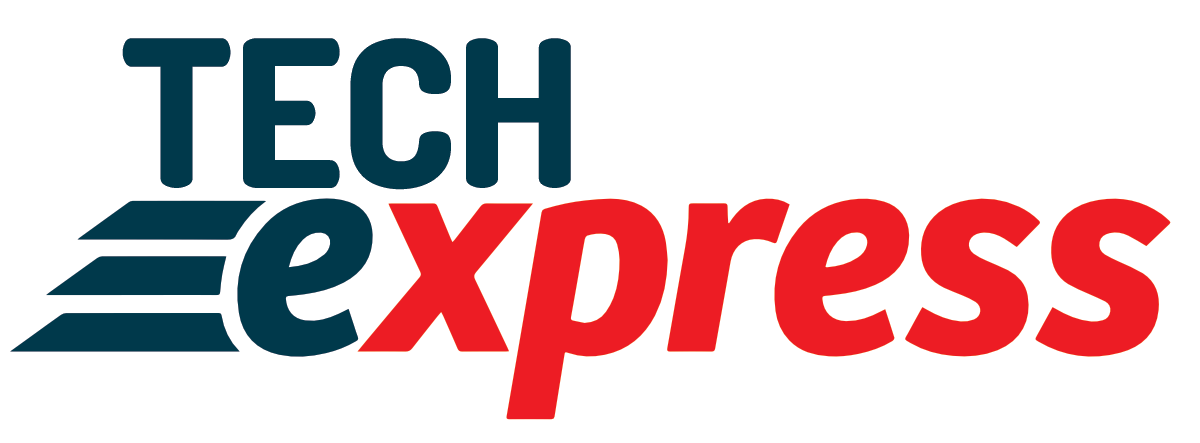Minister of Communications Technology, Mrs. Omobola Johnson has said that the mandate of her ministry was to leverage information and communications technology for socio-economic development of Nigeria.
The minister, speaking on a television programme, AIT Cyber Africa, monitored in Lagos, said that her ministry, though new, had done well in the last one year as it had focused on setting up of boards, meeting stakeholders, planning, developing national IT policy and strategising on implementation processes.
As a commitment to this objective, she said that the new draft IT policy will soon become operational as work had already been concluded on it and is now waiting for an approval from the national executive council for implementation.
“Our mandate is to leverage ICT for national socio-economic development. I think it is very difficult to complete that mandate in one year. However, what we have done in this one year, is setting up the ministry, meeting stakeholders and developing national IT policy, setting of boards, planning and strategising.
“As I speak, work on the new IT policy is completed. We are going to the national executive council for approval, after that it will become a public document, after which implementation commences,” she said.
According to the minster, the ministry is presently working out plans on how to tap into ICT potentials critical as an important national agenda by exploring possible ways through which local content could be developed to boost the existing ICT infrastructure in the country.
Plans: “The ministry is presently working out plans on how to tap into local content as a critical force in our pursuit for national development. We are looking at what the issues are and how we are going to face them and achieve that purpose. Local content is a priority to us. Though, evolution of telecom has brought speedy growth in the economy, but effort must be focused on infrastructure to replicate similar feat in terms of growth in the IT sector.
“For us, we need to involve the issue of IT development on the national agenda. We have also involved the issue of broadband development in our national agenda. We are working on how to improve on quality of service and encourage operators in the sector to improve on existing infrastructure.
Existing infrastructure
“The last one year has been eventful; looking for young people who have potentials in terms of software, programmes and solution development, which we are now working on areas we can help them grow their businesses. I have actually met with them as value added services providers and told them about national agenda we are talking about.
Show value: “They have to come up with what they have and apply their services to the infrastructure in place, so that we can achieve better quality services from the service providers.
“We are also working on how to protect them from unhealthy competition and from the big network operators, and Nigerian big entrepreneurs taking undue advantage of them. These are the type of things are doing to ensure that their creativity and hard work is richly rewarded going forward,” said the minister.
On the comatose Code Division Multiple Data, CDMA telephony services, Johnson attributed their problem to dominance by the GSM companies, which she said was a reverse in the USA.
“When you look at the market, you look at dominance and size. In the US, the CDMA is the dominant technology but in Nigeria, the GSM is. It is true that the CDMAs are gasping in Nigerian market, but what we are doing is to encourage them to come together.
With that, there is room for much more space for them to compete with the GSM operators, primarily on data, not on voice. They can’t compete with GSM companies anymore on voice. For me, consolidation is the way forward to go for them to succeed because I see a future for them. To achieve this, they must have finance capacity, focus and planning,” she added.
Financial capacity
Internet: On internet services, while advocating for more wireless technology in the country, the CT minster said that the problem lies with speed, which also applies in other parts of the world, stressing that more investment on fibre services by ICT companies would spur the desired growth, pointing out that the administration had in the last one year been saddled with removal all bottlenecks around the implementation of broadband policy and agenda of the government to ensure that the objective materializes.
Mobile money: Also speaking on Mobile money policy, the minister said there was no overlapping of responsibility between the Central bank of the Nigeria and the telecommunication service providers, given that the CBN was mandated by the harmonization committee to license the 14 companies authorized to operate mobile money, while the telecom operators will carry the traffic.
The reason according to him, is to reduce much money in circulation and to ensure that the over 90 million telecom subscribers are banked, majority of whom are unbanked.
On this issue of convergence for agencies in the ministry, she said there is so much overlap among the various agencies which the ministry is presently working on to reinforce them.
The minister however announced plans by the ministry to launch IT incubation centres, which she said would be established in various parts of the country and be used to hunt for hidden talents.
Source: vanguardngr.com
Related posts
Subscribe
* You will receive the latest news and updates on your favorite celebrities!


